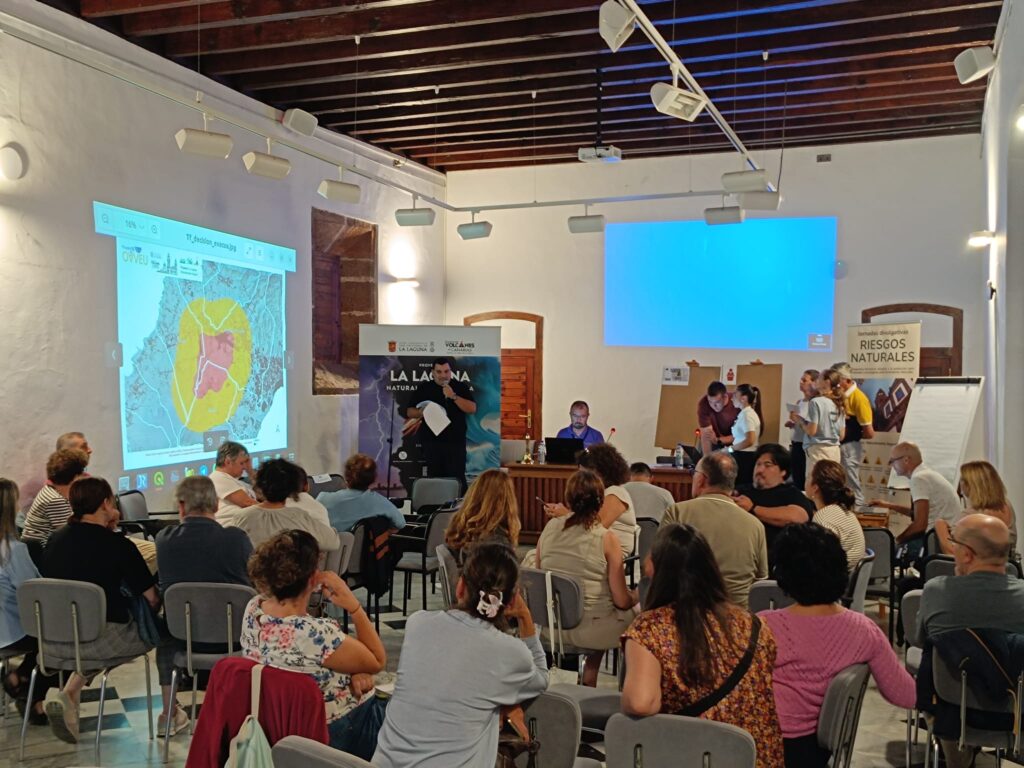
SANTA CRUZ DE TENERIFE, December 21. (EUROPA PRESS) –
The Minister of Agriculture, Livestock, Fisheries and Food Sovereignty of the Government of the Canary Islands, Narvay Quintero, announced today, Thursday, that the Executive will invest a total of 1,293,697 euros of its own funds for the development of twelve agricultural research projects, which represents 4.6% more than in 2023.
This was stated by the head of the Department at the inauguration of the conference held at the Canary Islands Institute of Agricultural Research (ICIA) to present the results of the CAIA projects (approved by the Agricultural Research Advisory Council) this year.
During the meeting, Narvay Quintero mentioned that these projects “address challenges in the primary sector that present difficulties in obtaining external financing within the framework of other lines of research.” These actions were implemented in 2017 with a budget of 150,000 euros, during the 2015-2019 Legislature, when Quintero was also in charge of this Department.
The center plans to develop a dozen initiatives in the next period that will be proposed to the Advisory Council for evaluation and approval. This collegiate body in which the main agricultural professional associations, the two Canarian universities, as well as different departments of the regional Executive with jurisdiction in economic and research matters are represented. In addition, the island councils are invited without the right to vote, but they play a decisive role in the formulation of these projects.
Throughout the day, the results of the CAIA 2023 projects were presented, which addressed the development of agroecological strategies for the management of banana systems and for soil management, selection and improvement of tropical fruit trees; sustainable avocado production in the Canary Islands; integrated pest management; improvement in management of poultry and goat farms; the recovery of the biodiversity of the Vitis genus through the rescue of minority varieties capable of differentiating Canarian wines; the genetic characterization of the Teline stenopetala shrub with forage interest in the Islands, the reduction of food waste, and the study of the function of volcanic soils in the carbon cycle in a climate change scenario of two characteristic ecosystems of the Archipelago: the pine forest and the laurel forest.
Quintero highlighted that the increase in financing of these strategic projects “responds to ICIA’s commitment to meeting the needs of producers through R&D initiatives that also allow the transfer of knowledge to the primary sector.”
In addition, the counselor referred to the approval by the General Directorate of the Public Service for indefinite employment contracts for the development of research projects, as well as the increase in items destined for the development of agroecological strategies (+6%). and for scientific transfer and dissemination (+15%) that are included in the budgets for 2024 of this autonomous body attached to the Ministry of Agriculture, Livestock, Fisheries and Food Sovereignty.
















